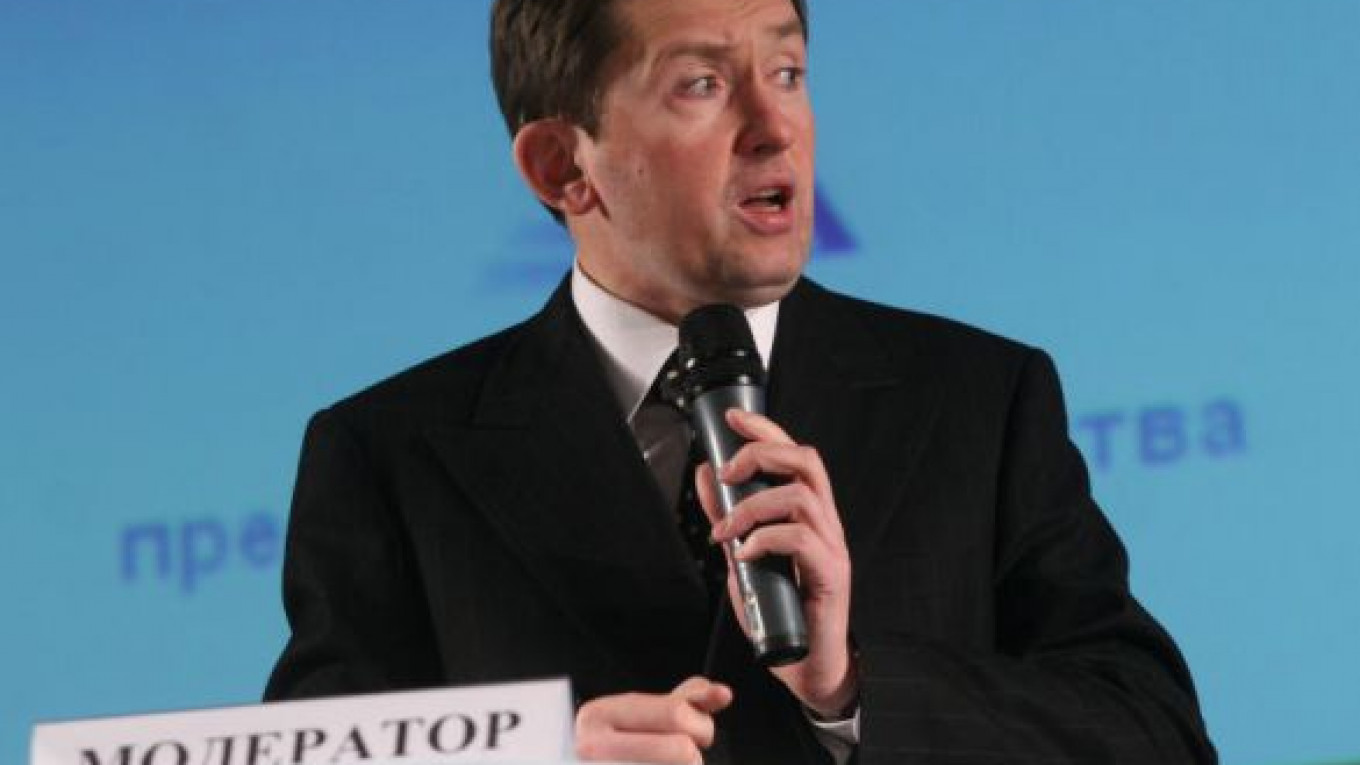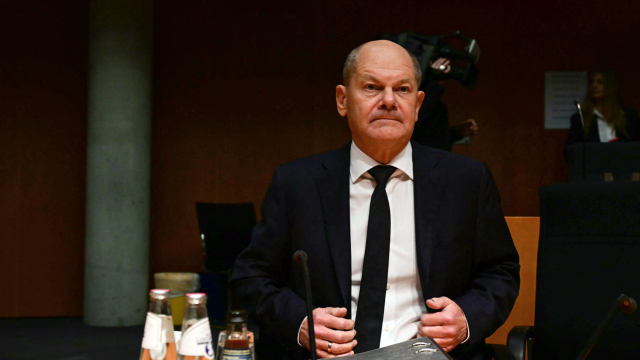Alexander Pochinok, a long-time Russian government figure who served as President Vladimir Putin's first tax minister, has passed away aged 55.
The announcement of Pochinok's heart failure was made Sunday on the Twitter account of Alexei Venediktov, editor-in-chief of radio station Ekho Moskvy where the politician had been a regular contributor and program host.
Pochinok was an influential figure in the development of Russian state fiscal and tax policy, especially during the 90s when he served as tax minister and publicly grilled celebrities who were not paying their taxes. He was known for such over the top stunts as flying helicopters over the mansions of rich Russians to compare their properties to their income declarations.
Pochinok served as the tax minister in the first government of then-Prime Minister Vladimir Putin from 1999-2000. During this time the government was formulating the plan to implement Russia's 13 percent flat tax, which signed into law by President Putin in 2001.
Former Prime Minister Mikhail Kasyanov, who worked with Pochinok when the latter served as labor and social development minister, said on Twitter that his colleague's death was "unbelievable. He was a smart and energetic person. He made a huge contribution to the growth of the Russian economy and social sphere."
After studying economics in his hometown of Chelyabinsk in the 1980s, Pochinok had been involved in Russian politics for more than two decades.
Following his career as a minister he served as member of the Federation Council from 2007 to 2012, when the Perm region governor replaced him with a candidate more connected to the locality. He was immediately scooped up by Ekho Moskvy where he hosted a radio show on the history of taxation.
In recent years Pochinok has worked on the federal committee of Mikhail Prokhorov's opposition Civil Platform Party in addition to research and teaching. He served on various Russian government expert committees and written several books, scholarly papers and articles.
Pochinok is survived by his second wife, Raiffeisenbank's Krasnodar director Natalia Gribkov, as well as two sons and a daughter from his two marriages, Itar-Tass reported.
A Message from The Moscow Times:
Dear readers,
We are facing unprecedented challenges. Russia's Prosecutor General's Office has designated The Moscow Times as an "undesirable" organization, criminalizing our work and putting our staff at risk of prosecution. This follows our earlier unjust labeling as a "foreign agent."
These actions are direct attempts to silence independent journalism in Russia. The authorities claim our work "discredits the decisions of the Russian leadership." We see things differently: we strive to provide accurate, unbiased reporting on Russia.
We, the journalists of The Moscow Times, refuse to be silenced. But to continue our work, we need your help.
Your support, no matter how small, makes a world of difference. If you can, please support us monthly starting from just $2. It's quick to set up, and every contribution makes a significant impact.
By supporting The Moscow Times, you're defending open, independent journalism in the face of repression. Thank you for standing with us.
Remind me later.






